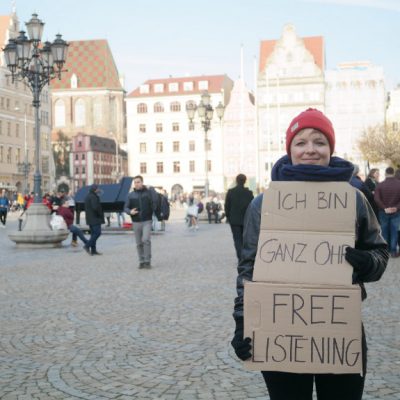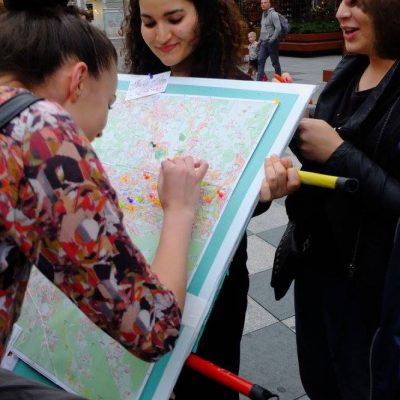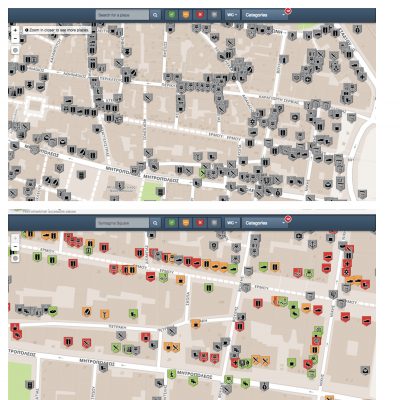Article
Senior Fellow Alma Tutić was inspired to engage with city spaces because of Henri Lefebvre’s ideas of rights to the city and of all space as social space. Space is a social product ,and every society creates its own, making Sarajevo’s social space even more interesting and unique. Alma was and still is, inspired by the graffiti in Sarajevo because it gives a voice to the people of the city.
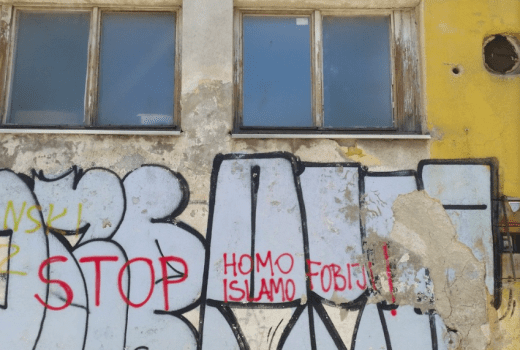
“Poetry of the City” brings issues of memory and voice into conversation with the use and ownership of public spaces through the lens of found art.
The power of Sarajevo’s graffiti lies not in collaborative street art and murals, but rather in one liners, small protests, and moments of tenderness that were so urgent and overwhelming that they were put on public walls. Some are more vulgar and obscene than others, but this Action Project sought to bring attention to what already exists around us. The heart of what drove this project is the socio-cultural disillusionment felt by the citizens of Sarajevo and their reclaiming of the city through art.
Alma believes that graffiti “is an anonymous rebellion that says what is in our minds and hearts.”
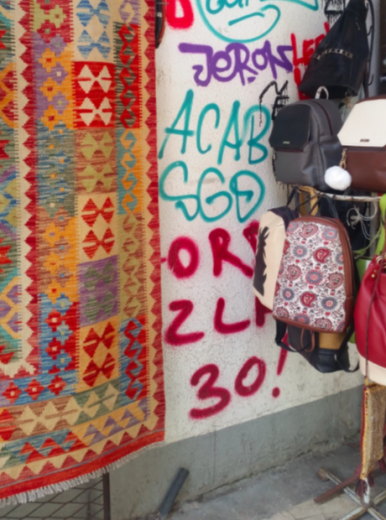
Sarajevo has long struggled with pollution, unregulated waste disposal sites, illegal dumping, and littering. Many of these problems require systematic state action that is long overdue, but there are some positive trends and strides forward. With the government and community members tackling illegal dumps and littering, there is hope that society is becoming aware of the need for “spring cleaning.” Too often, public space is considered no one’s space instead of everyone’s.
“Poetry of the City” brought issues of memory and voice into conversation with the use and ownership of public spaces through the lens of found art. The project specifically addressed the use of walls and graffiti as a means of sociocultural expression within a society that is still struggling with slow economic and political progress and change. The various tags tackled the problems of memory, voice, use, and ownership by highlighting the mundane, everyday walls passed by without so much as a second thought. What the one-liners, stencils, and free hand tags bring to the table is a preservation of the voice of the people.
Explore the pictures collected through “Poetry of the City” on their tumblr here.


